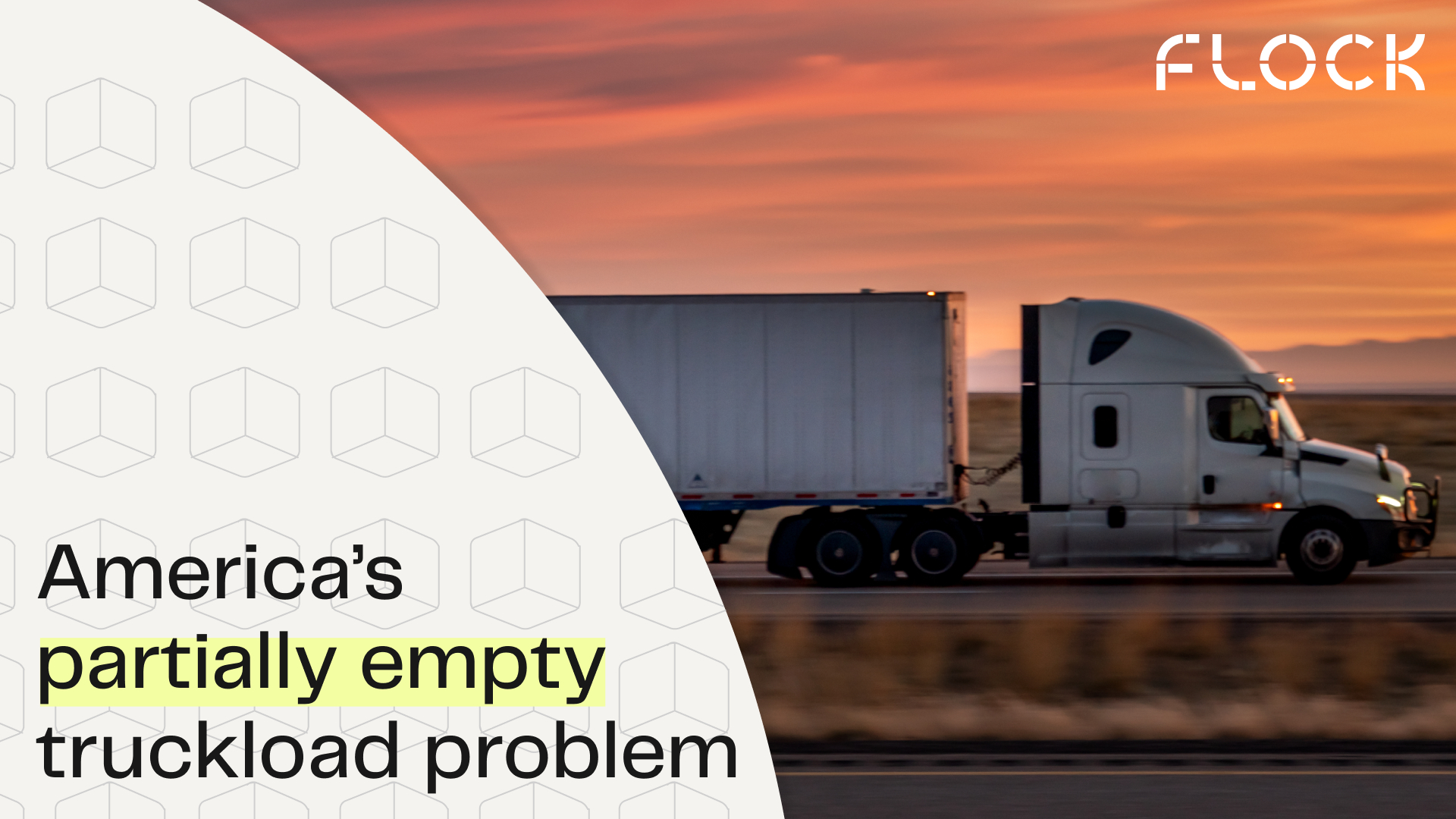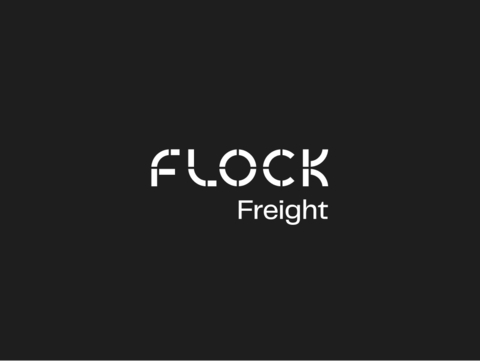ENCINITAS, Calif.--(BUSINESS WIRE)--A new study released by Flock Freight & Drive Research, titled “Wasted Space, Wasted Dollars: The Economic Impact of Inefficient Freight,” uncovers the staggering costs associated with underutilized truckload (TL) space and the inefficiencies of less-than-truckload (LTL) shipping. The study surveyed 1,000 transportation decision-makers in the U.S. from various industries, providing a comprehensive view of the challenges and strategies employed to drive efficiency.
Key findings from the study indicate that in 2023, 43% of truckloads moved partially empty, with an average of 29 linear feet of unused deck space. This inefficiency equates to one in four truckloads moving completely empty, representing a significant economic and environmental concern.
“Historically, the US truckload market has been locked into a binary concept of ‘full’ or ‘empty’ when it comes to trailer capacity. We are challenging both Shippers and Carriers alike to rethink this,” said Chris Pickett, Chief Operating Officer at Flock Freight. ”With 43% of truckloads moving only partially full, there’s a massive opportunity for businesses to maximize trailer utilization and reduce overall transportation spend with our Shared Truckload solution.”
The research highlights the hidden costs of LTL shipping, with the average enterprise shipper incurring up to $6.3 million annually in damage and loss claims. Additionally, unexpected accessorial fees and the time spent by employees managing these issues add to the financial burden on businesses.
Exiting a deflationary phase of the truckload freight cycle in 2024, the industry braces for heightened economic impacts. As a result, 90.8% of shippers have raised their budgets by 1 to 10% to navigate the expected market shifts.
The study also uncovered growing concerns around fraud and theft within the freight industry. In 2023, an alarming 89% of shippers were affected by these issues, with one in every 43 shipments impacted. This not only leads to direct financial losses but also causes a ripple effect of reduced earnings, unexpected fines, and a decline in customer satisfaction.
The whitepaper not only sheds light on the problems but also presents innovative solutions, such as Flock Freight’s Shared Truckload service, FlockDirect®, which leverages patented technology to combine shipments from multiple shippers in real-time. This approach ensures freight stays on the same truck from pickup to delivery, reducing the chances of damage, delays, and theft.
The whitepaper is a valuable resource for shippers seeking to uncover new opportunities to reduce costs within their transportation programs.
To read the full report, please click here.
About Flock Freight
Founded in 2015, Flock Freight is a FreightTech company fundamentally changing the way freight moves in the United States. By leveraging its patented technology, Flock Freight matches locations, schedules, and compatible shipments, finding the best options to pool freight at scale among trillions of possible combinations. As one of the first freight shipping companies to earn a B Corporation certification, Flock Freight’s solutions for moving fuller trucks on optimized routes results in reduced carbon emissions by up to 40% compared to traditional shipping methods. Flock Freight was recognized as one of TIME’s Most Influential Companies in the World and as a CNBC Disruptor 50. To learn more about the company, offerings, and careers, visit flockfreight.com.
About Drive Research
Drive Research is a national market research company specializing in custom-built, quantitative and qualitative methodologies. Their market research firm takes pride in making organizations more successful by extracting insights from the data they collect to accelerate business strategy. Learn more at driveresearch.com.
1The data supporting the content and objectives set forth in this paper come from an online survey conducted by Drive Research, a third party not affiliated with Flock Freight. The survey took an average of 30 minutes to complete and included 57 questions and received 1,000 responses. Fieldwork for the survey began on February 22, 2024 and ended April 1, 2024.
Target industries included retail, industrial machinery/equipment, building materials, food/beverage, technology/electronics, automotive, and plastics/paper/packaging. Target participant titles varied based on the size of the business (i.e., C-Suite officials, Vice Presidents, Directors, and Managers). A strong mix of company sizes to segment the data by the market included a distribution of $10M to $99M annual revenue, $100M to $499M annual revenue, $500M to $999M, $1 to 2.9 billion, and $3 billion or more annual revenue.
With a probabilistic sample, a total of 1,000 responses at the 95% confidence level offers a 5% margin of error. If the survey were conducted with another random pool of 1,000 respondents, the results would yield within +3% or -3% of the stated totals in the reports. The margin of error can be used as a guideline to understand the reliability of these results.



